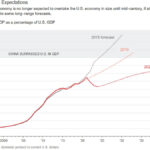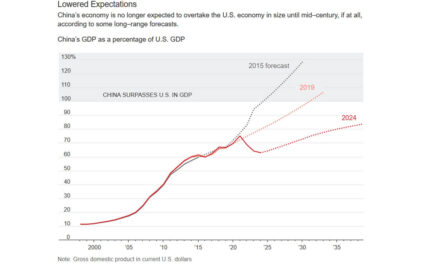
California: Housing Crisis Fuels Hepatitis Outbreak
Living in California is expensive, really expensive.
The state’s poverty rate is the highest in the nation, but the average rent for a 2-bedroom apartment is $2,000.
The widespread lack of affordable housing in California has contributed to a rise in homelessness throughout the state, even among people with decent-paying jobs.
Where you find homelessness, you find unsanitary conditions. And where you find unsanitary conditions, you find disease.
Rising rates of homelessness in San Diego have contributed to the biggest outbreak of Hepatitis A the United States has seen in over 20 years. There have been more than 500 cases and 19 deaths since March.
Hepatitis A is a rare disease that has been almost entirely preventable since 1995. It is a communicable disease contracted through the ingestion of food or water contaminated by feces.
Critical to fighting the spread of Hepatitis A is proper sanitation and access to bathrooms – two things the city has been repeatedly criticized for lacking.
In 2015, the county grand jury warned the city that it needed more public bathrooms downtown. San Diego agreed with the finding but did not act due to “competing needs for limited funds.” The city even rejected a proposal to put up signs pointing to the nearest bathrooms.
The CDC has launched a program to offer hepatitis vaccinations to the homeless and the city has started to wash its streets and sidewalks with bleach – but these efforts are treating the symptoms of the problem, but not the cause. The only solution here is to get people off the streets.
“The reason the outbreak has spread so rapidly is because homeless are living in more concentrated areas,” says local doctor Jeffrey Norris. “They often have to defecate in their tent, or next to their tent, and that exposes their neighbors on the street. Hygiene becomes incredibly difficult.”
There are an estimated 9,116 homeless people living in San Diego; 500,000 more are living just one missed paycheck away from homelessness.
“We’re still talking about urination and defecation as if it’s a problem caused by homeless people,” argues Jim Lovell, director of a nonprofit that provides meals and medical checkups to the homeless. “You can’t just have people outside, not provide facilities, and expect all to be well.”
Years of bad decision-making have limited development in some of California’s most desirable areas. This has been good for property values but has excluded those without an existing foothold in the market.
Six years ago, Governor Jerry Brown decided to steer money once allocated for low-income housing construction toward schools and debt servicing. San Diego lost $200 million in affordable housing funds. Virtually no low-income housing has been built since.
In his January State of the City address, San Diego Mayor Kevin Faulconer declared homelessness the city’s primary social service priority. He proposed a ballot measure that would have allocated $10 million per year for homeless services, but it was voted down by the city council.
“At the heart of this homeless crisis is a housing crisis,” explains Jim Vargas, a Roman Catholic deacon who runs a service for the homeless. “Low vacancy rates and high rents is a very toxic combination for our population. Our clients don’t stand a chance against that dynamic.”
Many view the crisis as the result of San Diego’s longstanding failure to address problems affecting the homeless and working poor. The local government’s apathetic response to the Hepatitis outbreak is a prime example.
“This whole crisis is man-made,” complains homeless advocate Michael McConnell. “The response is certainly much too late, based on when they knew they had a serious problem. Even today, all they’ve done is the most easy stuff. They have taken zero bold action.” McConnell points to the city’s failure to open toilets and hand-washing stations despite widespread public support and urgent need.
“I look at this situation here as the growing gap between the haves and the have-nots,” says Gordon Walker, chief executive of the nonprofit Regional Task Force on the Homeless. “This is where you need political will. It’s political will that is needed to solve these social problems, and the decisions are not easy.”
LA recently approved a rare $1.2 billion bond measure to build housing for the homeless. This sort of initiative, which generally fails to achieve the two-thirds majority needed to pass, exceeded it by 10%.
“It demonstrates the frustration people are feeling,” says Jonathan Herrera, Faulconer’s newly-hired adviser on homelessness.
Editor’s note: California is badly mismanaged. There is a reason why taxes there are the highest in the nation, with the greatest number in poverty.























Joe Gilbertson: where are you going with these threats? My free speech is facing intimidation, sometimes physical threats. Is this…
NOT BUSTED. You didn't have to say it. That is what I meant in the above post from me. But…
Just another ruse for taking jabs at Biden through alleged short comings of his. Ten days remaining in Biden's term…
I never said I WANT China to continue to own Panama. You made that up. First,I didn’t say it. Second.…
I absolutely do Not in any way, shape or manner fabricate ANYTHING you say. I do and will always tell…